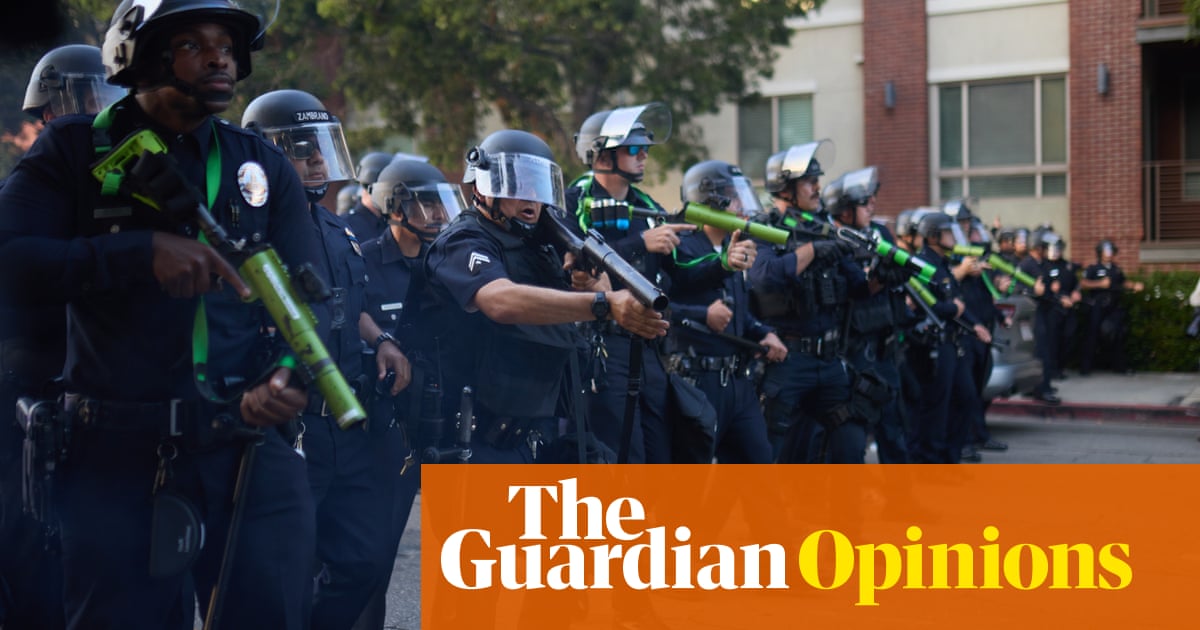
"In civil disobedience, citizens openly break the law; they make themselves identifiable to the authorities and are willing to accept punishment, demonstrating moral seriousness."
"There is a countervailing tradition of validating citizens' right to anonymity, affirmed by the Supreme Court as recently as the mid-1990s."
The article delves into the rights of protesters to hide their faces, particularly in light of recent demands from authorities like Donald Trump to reveal identities during demonstrations. It contrasts lawful protest with civil disobedience, emphasizing that the former doesn't necessarily require identifiable participants. The piece explores historical views on anonymity and the implications of public visibility for protestors, referencing opinions from philosophers and Supreme Court rulings. It highlights the moral seriousness inherent in civil disobedience against the backdrop of calls for transparency and accountability.
Read at www.theguardian.com
Unable to calculate read time
Collection
[
|
...
]